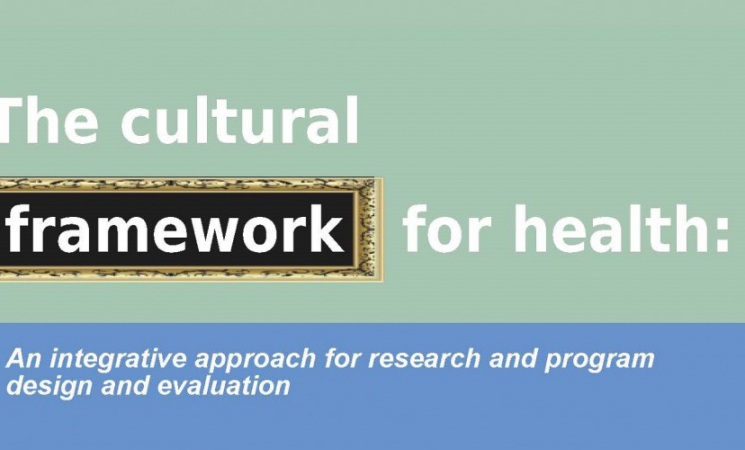Archived Content
This page is archived and provided for historical reference. The content is no longer being updated, and some of the information may have changed over time and could be outdated or inaccurate.

Wednesday, April 22, 2015
Mimi Victoria Chapman, Ph.D., The University of North Carolina at Chapel Hill
Description
Part of the Office of Behavioral and Social Sciences Research webinar series, “The Cultural Framework for Health—New Approaches.”
Although social psychologists have demonstrated the presence of implicit bias among the general population and, to some extent, among medical professionals, little is known about how to combat or modify these latent but influential aspects of social behavior.
An emerging body of literature demonstrates that physicians, like the general population, display implicit bias even as they deny bias on measures that directly ask about their attitudes and opinions. Much of this work has centered on bias toward African Americans, but implicit biases operate against other groups as well. As the United States incorporates new immigrants from many countries, it is important to understand how implicit bias towards these populations is operating and to design interventions to decrease bias itself and its impact on health care.
Although the need is clear, measurement strategies, interventions, and implementation strategies have yet to be created and tested. Envisioning Health is an NIH-funded research project that brings together a trans-disciplinary team from areas including social work, art history, public health, social psychology, and medicine to meet these challenges.








